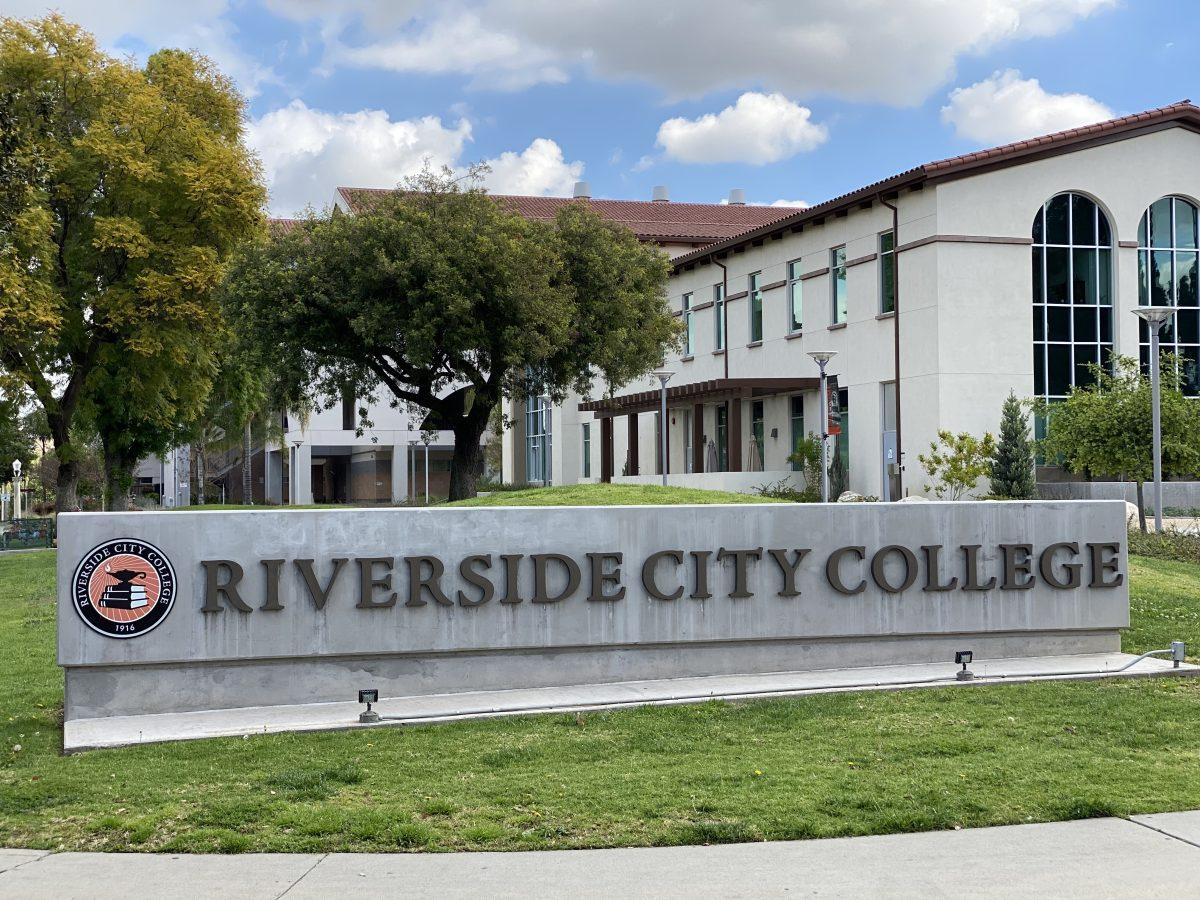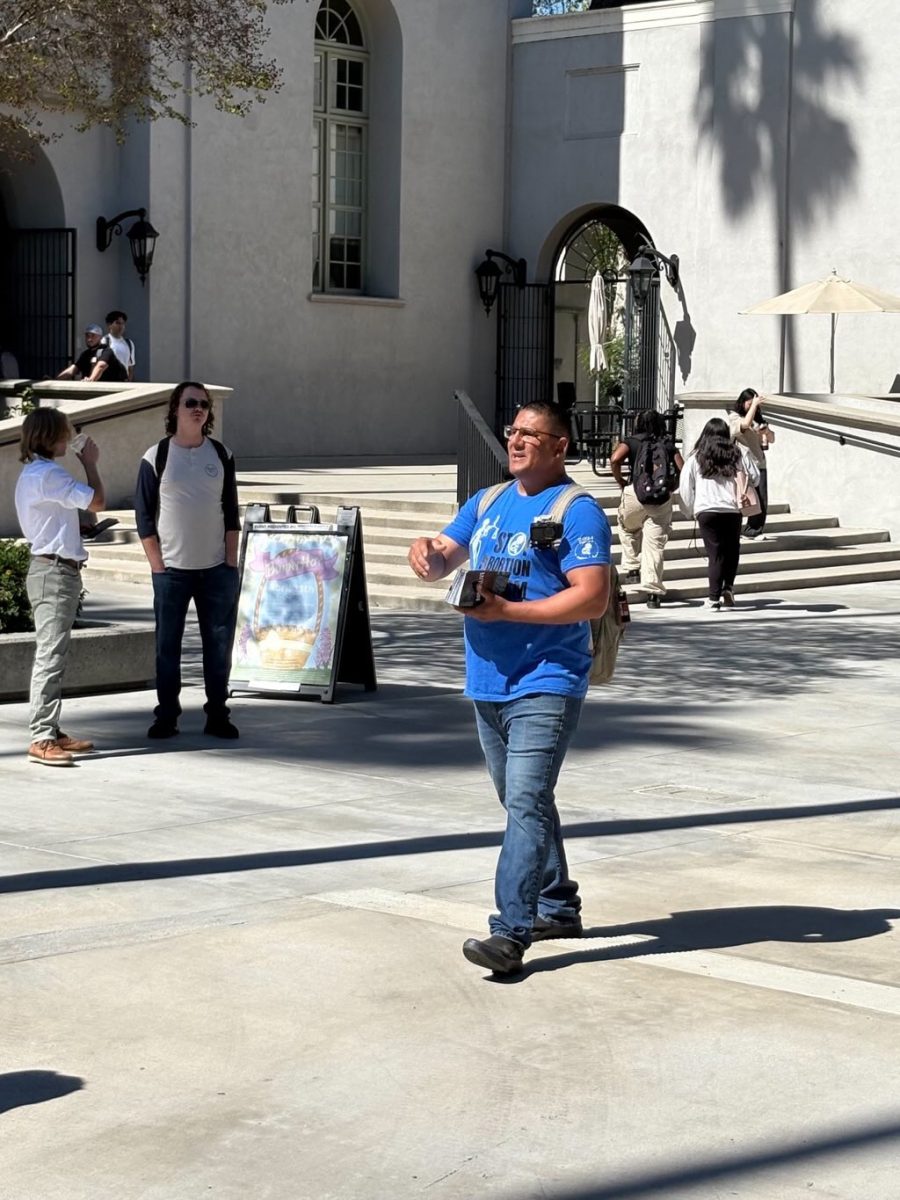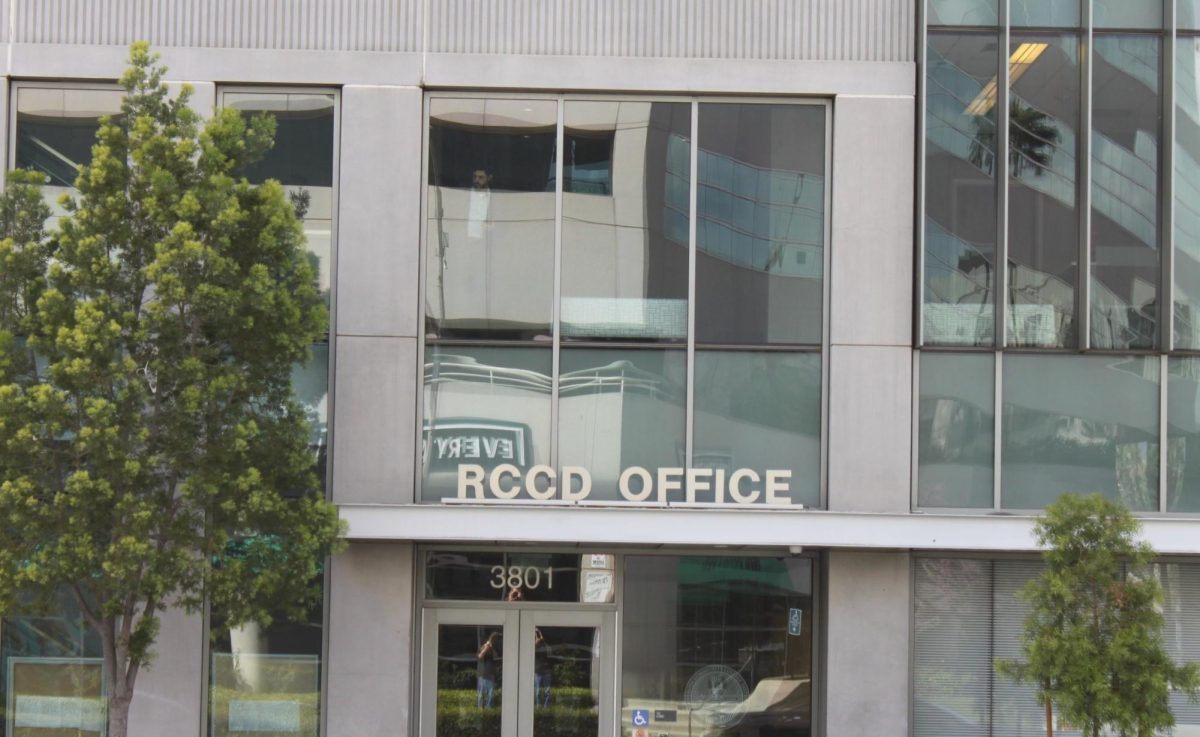By Cheetara Piry
Riverside City College is working to include an ethnic studies discipline in its catalogue by fall 2021 despite a state-imposed time crunch.
Gov. Gavin Newsom signed the ethnic studies requirement for California State University graduation into law Aug. 17, making California the first state to do so. The CSU Board of Trustees voted Nov. 18 to mandate that undergraduate students set to graduate in 2024-25 and beyond complete, at minimum, one 3-unit course in ethnic studies during their lower division coursework.
The requirement is set during lower division coursework, so Community Colleges will have to offer ethnic studies coursework by fall 2022 at the latest in order for students to successfully transfer to CSUs.
Deborah A. Brown, an RCC history instructor helping to ensure the college completes the task, said the burden on Community Colleges was exacerbated due to the time-frame allowed to meet compliance. Many colleges were unprepared to administer professors and classes in such a short time.
“There are many Community Colleges that have no ethnic studies,” Brown said.
According to Brown, there are only four faculty in the Riverside Community College District at this time who are officially certified in ethnic studies. The specific requirements for teaching ethnic studies at Community Colleges are very limiting, Brown said.
Ethnic studies is centered on the study of one of four historically defined racialized core groups: Native Americans, African Americans, Asian Americans, and Latina and Latino Americans.
In some ways, RCC is in better footing than other Community Colleges. The college began the process prior to the new law being signed and before the media focus on Black Lives Matter that took place after George Floyd’s murder. Brown and her colleagues had already been discussing the implementation of an ethnic studies discipline.
“This is about more than just having diverse and inclusive reading lists,” said Kelly Douglass, RCC Curriculum chair.
Jessica Hamilton, an RCC history and new ethnic studies instructor, described the subject as a focus on the resilience of historically marginalized people.
“Ethnic studies centers people of color, their knowledge, their experiences and also their engagements with the systems of oppression that they inevitably face,” she said.
Hamilton is a graduate of San Francisco State University, where the conversation for a more diverse educational system began over 50 years ago.
A strike that led to the creation of ethnic studies started as a standoff at the university in 1968 between students and administrators over eurocentrism and a lack of diversity on campus.
Over 67% of California Community College students are people of diverse ethnic backgrounds.
RCC’s fall 2021 catalogue has been created, but the list of classes remains under deliberation and there will be an official board meeting to verify the index.
At this time, the district expects to offer about 23 ethnic studies classes next year to accommodate the law. New classes, such as Introduction to Ethnic Studies and Interdisciplinary Research Methods in Ethnic Studies, have been created to fit the discipline.
Most of the classes on the catalogue have been cross listed or combined with existing courses.
The RCC Academic Senate advised that students graduating from CSUs in or after 2024 consult their counselors about General Education Area F, which now houses ethnic studies.

















